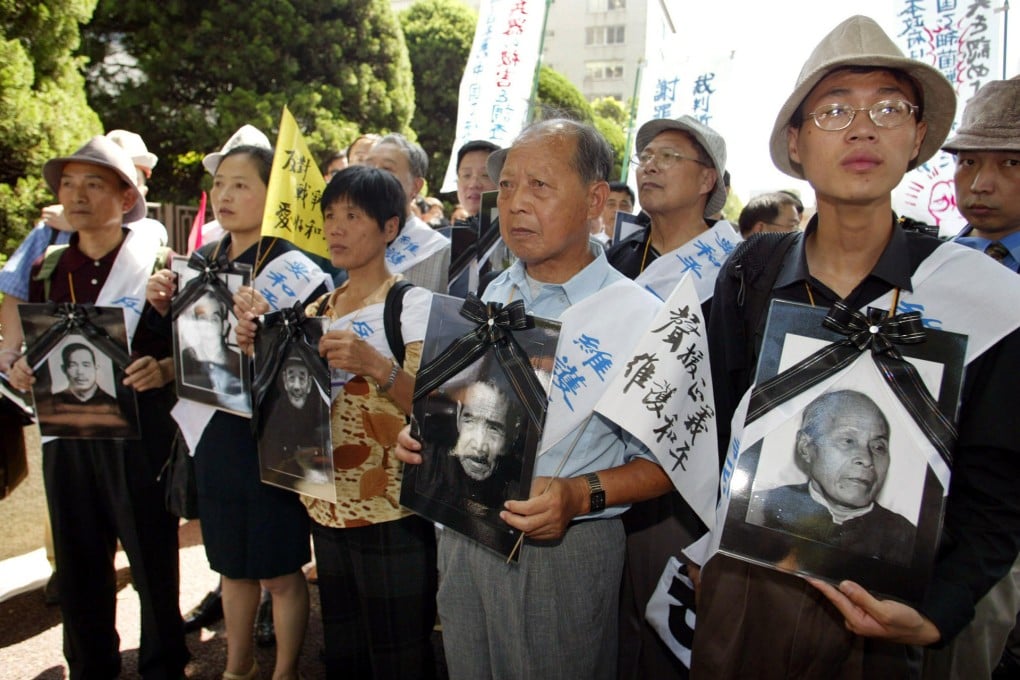Book review: Evil Men, by James Dawes
This is a hard book to read, and once you have finished, you will probably not want to read it again.

by James Dawes
Harvard University Press

The title itself presents a challenge. Evil men? "Evil" has an old-fashioned, melodramatic, even theological resonance. We are used to seeking out all sorts of social, educational and ideological causes for wrongdoing, to help us to understand and try to remedy it. There is a stark frankness in the statement that some men are simply evil - and if they were evil, what was author James Dawes doing listening to their stories?
The evil men of the title are Japanese war criminals, interviewed by Dawes in their old age. Some of the atrocities they perpetrated, mostly on Chinese and Korean prisoners and civilians, are recollected in this book, and are tough even to read about.
These old men were members of the Chukiren, an association of former soldiers who had been imprisoned by the Soviet Union in brutal conditions after the second world war, and later extradited to Fushun prison in China. There they were subjected to thought reform, and eventually repudiated the values of their pasts. When they returned to Japan they were committed to lives of almost evangelical pacifism, and to reminding their fellow Japanese of what had been done in their name.